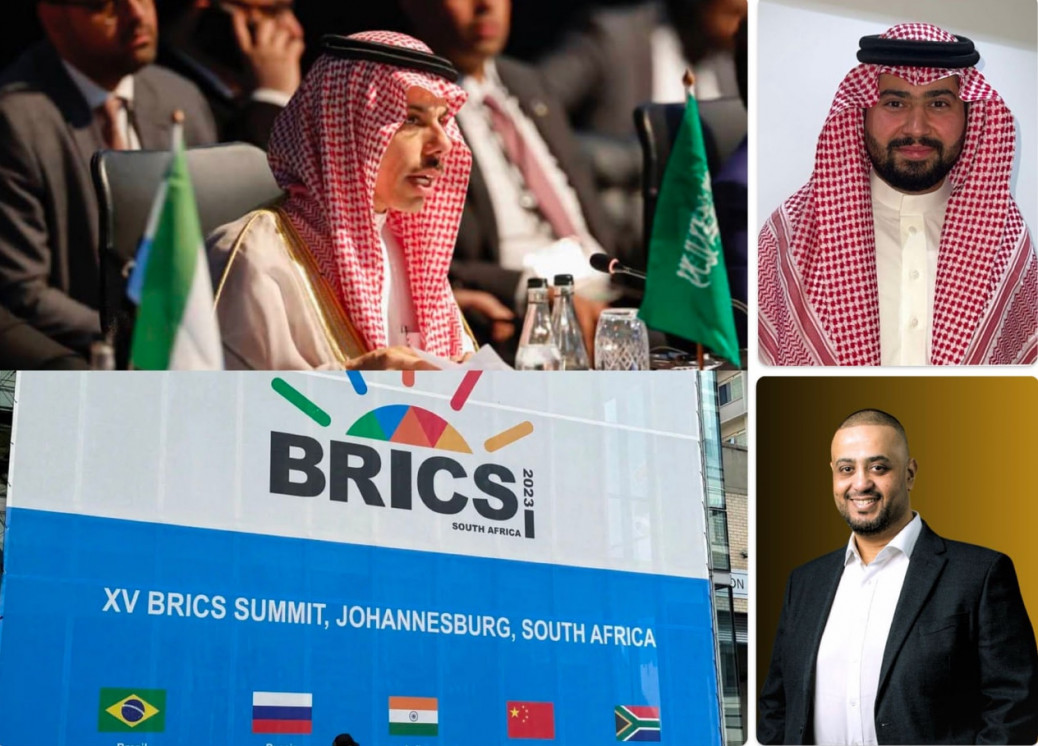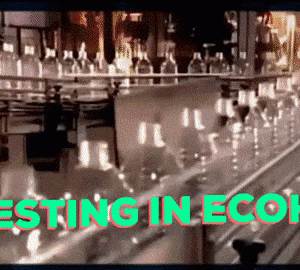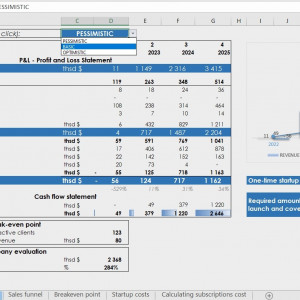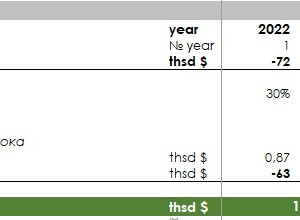Why did BRICS, encompassing Brazil 🇧🇷 (GDP $18,686 billion), Russia 🇷🇺 (GDP $24,449 billion), India 🇮🇳 (GDP $10,484 billion), China 🇨🇳 (GDP $21,224 billion), and South Africa 🇿🇦 (GDP $16,090 billion), welcome Saudi Arabia 🇸🇦 (GDP $67,019 billion)?
This was a strategic move in the global economic arena, altering power dynamics. Saudi Arabia’s inclusion in BRICS marks a major shift in global economic alliances, signifying more than just an expansion. It positions Saudi Arabia as a key player in the realm of global influence, underscoring the significance of this strategic decision.
Key Stakeholders:
- Xi Jinping of China: Steering the world’s second-largest economy, Xi’s role is crucial. His backing of Saudi Arabia underscores China’s strategic global ambitions.
- Vladimir Putin of Russia: Facing Western sanctions, Russia, under Putin’s leadership, finds a valuable partner in Saudi Arabia, boosting its economic resilience.
- Narendra Modi of India: India, with Modi at the helm, looks to benefit significantly from strengthened ties with a key energy supplier.
- Jair Bolsonaro of Brazil: Brazil, a natural resource powerhouse, eyes expanded trade prospects with the Middle Eastern giant.
- Cyril Ramaphosa of South Africa: South Africa, the African continent’s industrial frontrunner, seeks to capitalize on this expansion for broader trade opportunities.
- Mohammed bin Salman of Saudi Arabia: The Crown Prince’s vision aligns seamlessly with BRICS, symbolizing a major geopolitical shift.
- Leaders from CrunchRiyadh.com: Promoting technological and economic growth in the Middle East.
- Visionaries from CrunchDubai.com: Championing tech-driven economic progress in the UAE.
- Innovators from CrunchLatAm.com: Spearheading technology and business evolution in Latin America.
Moaid Mahjoub Strategic Advisor KSA Highlights
Meet Moaid Mahjoub, a distinguished Strategic Advisor in the Kingdom of Saudi Arabia (KSA). With a profound understanding of the intricacies of the Saudi business world, Mahjoub is a key figure in sculpting the country’s economic policies and business strategies. His insights and leadership have been instrumental in navigating the complexities of the rapidly evolving Saudi market, making him an indispensable asset in the Kingdom’s journey towards economic diversification and global competitiveness. This introduction aims to shed light on Mahjoub’s expertise and the significant impact he has had in shaping the future of business in Saudi Arabia.
Moaid Mahjoub stands out as a paragon of business acumen and strategic planning in the Kingdom of Saudi Arabia. His deep-rooted understanding of the KSA market dynamics and his ability to forecast economic trends have established him as a pivotal figure in the realm of business strategy. Mahjoub’s expertise is not just limited to theoretical knowledge; it’s his practical insights that have guided significant business decisions and policy formulations in the Kingdom.
Osama Shawky Highlight for Crunch Riyadh Redaction and BRICS Thoughts
As Osama Shawky, a seasoned entrepreneur with 22 years of experience and five successful exits under my belt, I view the inclusion of new members into the BRICS group as a significant and strategic development.
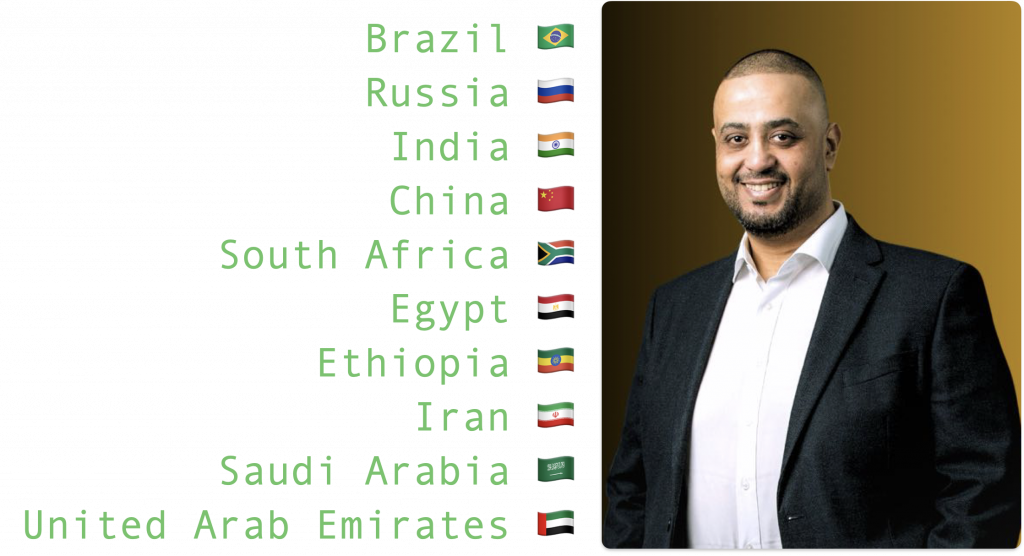
The entry of Egypt, Ethiopia, Iran, and Saudi Arabia into BRICS is a masterstroke in economic diversification and global collaboration. Each country brings a unique set of strengths and opportunities to the table. For instance, Egypt’s rich cultural heritage and strategic geographic location, combined with its growing economy, offer immense potential for business and technological advancements. Ethiopia, with its untapped markets and rapid growth, is a goldmine for investments in various sectors.
Iran’s inclusion, despite its complex geopolitical position, brings a wealth of resources and a strong consumer market. The Kingdom of Saudi Arabia, with its massive economic transformation and technological advancements, stands as a testament to the power of visionary leadership and strategic planning in achieving economic success.
As an entrepreneur, I see these developments not just as economic shifts, but as a plethora of opportunities for innovation, investment, and growth in emerging markets. These new BRICS members will undoubtedly play pivotal roles in shaping the future of global economics and entrepreneurship.
FAQ about BRICS Group’s New Member: The Kingdom of Saudi Arabia!
What is the BRICS Group?
BRICS represents Brazil 🇧🇷 (GDP $18,686 billion), Russia 🇷🇺 (GDP $24,449 billion), India 🇮🇳 (GDP $10,484 billion), China 🇨🇳 (GDP $21,224 billion), and South Africa 🇿🇦 (GDP $16,090 billion). This acronym symbolizes an alliance of five major emerging economies known for their significant influence in regional and global affairs. Each country contributes its unique economic strength to this dynamic group, playing a vital role in shaping international economic trends and policies.
In a world where economic tales are as dynamic as the winds of change, the BRICS group 🌏, renowned for its aggregation of emerging economies, welcomed new members into its fold: Egypt 🇪🇬, Ethiopia 🇪🇹, Iran 🇮🇷, and the Kingdom of Saudi Arabia 🇸🇦. Each brings a unique tapestry of culture and economic prowess to the alliance.
Egypt 🇪🇬, with its 105 million people and a GDP (PPP) of $16,980 billion, is like an old civilization reborn into an economic pharaoh. Ethiopia 🇪🇹, the land of ancient empires, houses around 105 million souls, nurturing an economy with a GDP (PPP) of $3,724 billion, ripe with untold possibilities.
Then, we traverse to Iran 🇮🇷, where the echoes of a rich history are reflected in the lives of its nearly 79 million citizens and an economy boasting a GDP (PPP) of $17,443 billion. And finally, the narrative culminates with the Kingdom of Saudi Arabia 🇸🇦, a desert realm turned global economic sentinel, where 38 million people contribute to a staggering GDP (PPP) of $67,019 billion.
Together, these new members of BRICS 🌏 are not just adding numbers and economic statistics; they are weaving a new story of global collaboration and economic renaissance.
Why has Saudi Arabia joined the BRICS Group?
Saudi Arabia’s inclusion in BRICS is seen as a strategic move to diversify its economic partnerships and reduce reliance on traditional Western allies. This move aligns with Saudi Arabia’s vision of economic diversification and global outreach.
What does Saudi Arabia’s entry into BRICS signify?
The entry of Saudi Arabia into BRICS signifies a shift in global economic power dynamics. It reflects the growing importance of emerging economies in the global market and the desire for these nations to expand their economic networks.
How will Saudi Arabia contribute to the BRICS Group?
Saudi Arabia, with its substantial oil wealth and strategic geographical position, is expected to contribute significantly to the BRICS group in terms of energy resources, investment opportunities, and geopolitical influence.
What are the potential benefits for Saudi Arabia?
Joining BRICS could provide Saudi Arabia with alternative markets and investment sources, enhancing its global economic ties and providing new avenues for trade and economic growth outside of its traditional Western partnerships.
How might Saudi Arabia’s membership affect the dynamics of BRICS?
Saudi Arabia’s membership could lead to a shift in the focus of BRICS, potentially emphasizing energy security, investment in infrastructure, and broader geopolitical cooperation among member countries.
Will Saudi Arabia’s inclusion in BRICS impact global geopolitics?
Yes, Saudi Arabia’s inclusion in BRICS is likely to impact global geopolitics by strengthening the economic clout of BRICS countries and potentially challenging the traditional economic dominance of Western nations.
January 8, 2024

